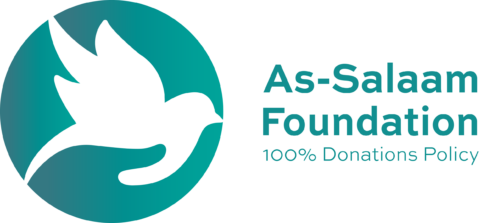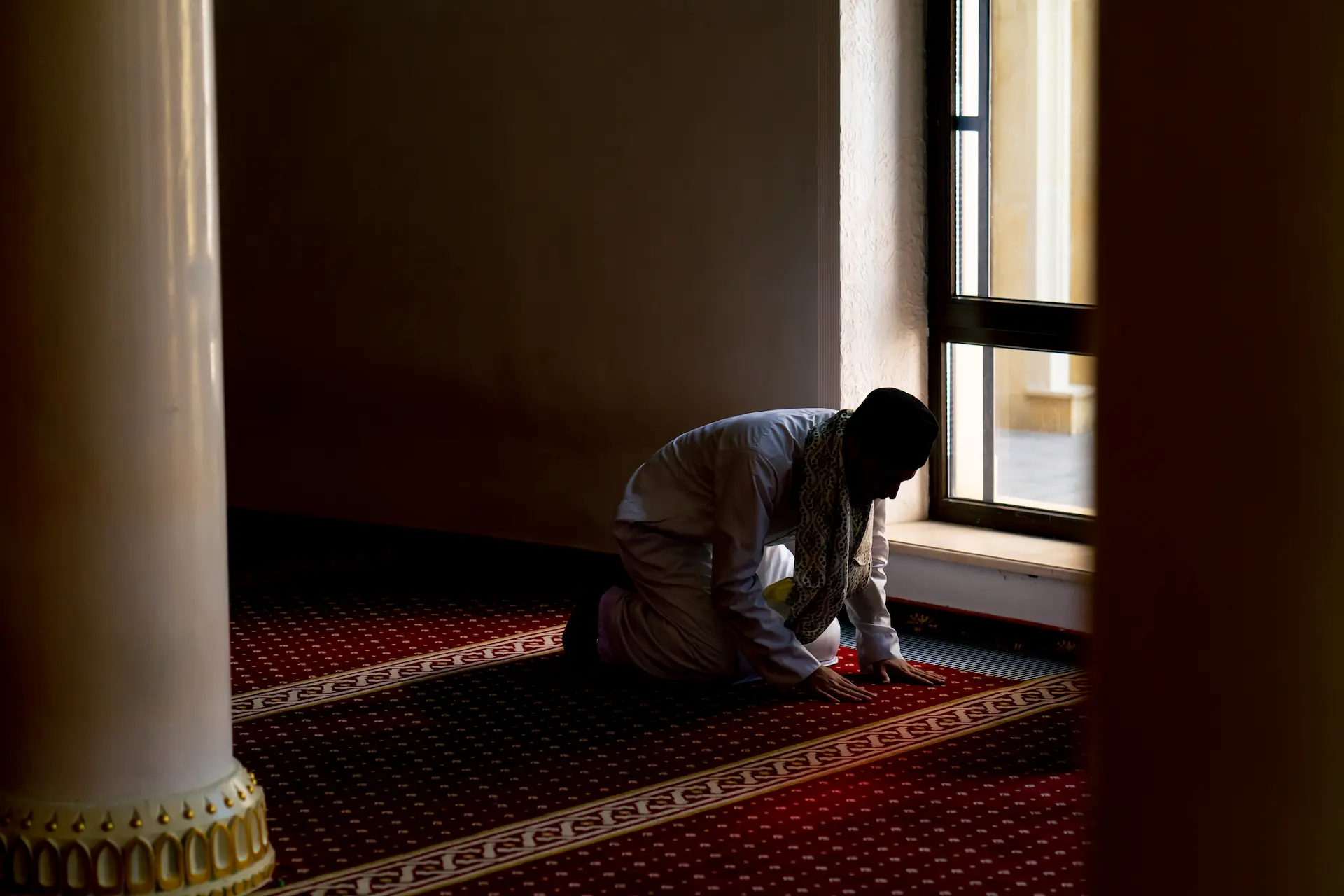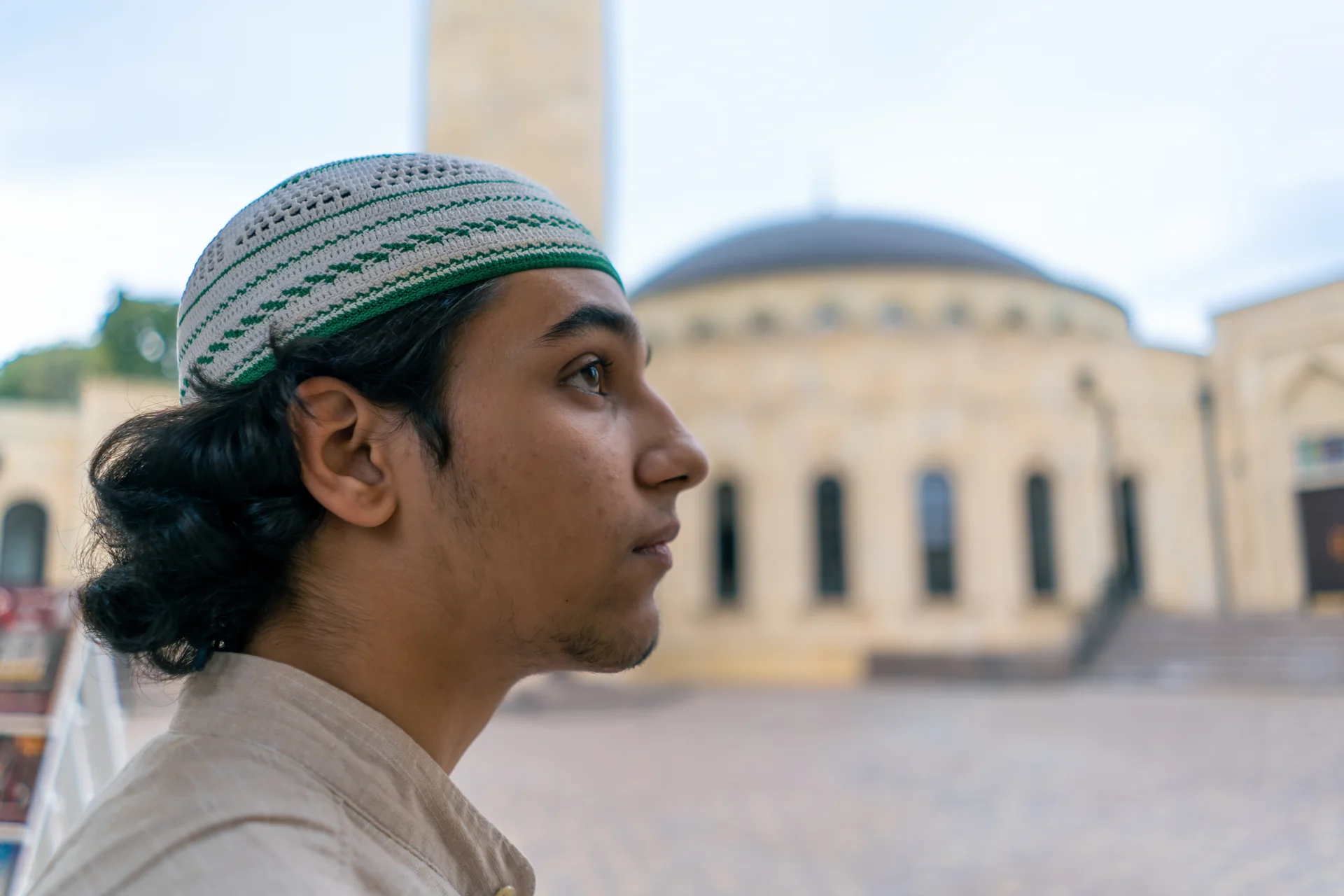With the blessed month of Ramadan just around one month away, now is the perfect time to begin the preparations for this beloved month. While the physical act of abstaining from food and drink is important, Ramadan’s true essence lies in its power to transform our hearts, deepen our faith, and rekindle our compassion. However, without the proper preparations, the month’s physical demands and spiritual goals can be overwhelming, leaving many wishing they had started sooner.
By preparing your mind, body, and soul now, we can enter Ramadan with clarity, energy, and purpose, ready to embrace its blessings rather than scrambling to keep up. Below, we outline the five most critical steps to prioritize in the weeks ahead, ensuring we’re physically resilient, spiritually aligned, and emotionally grounded when the first day of the blessed month arrives.
1. Spiritual Preparation: Set Intentions and Build Habits
Ramadan gives you a spiritual boost in faith (Imaan), so preparing your heart and mind to be able to fully take advantage of this boost should be your top priority. Start by reflecting on your goals: Do you want to increase your Quran recitation? Improve your prayer consistency? Strengthen your patience or gratitude?
- Set Clear Intentions (Niyyah): The Prophet Muhammad (ﷺ) said, “Actions are judged only by intentions.” (Bukhari). Write down your spiritual goals and revisit them daily.
- Revive Your Prayer Routine: If you struggle with regular Salah, start building up to praying five times a day from now.
- Quran Connection: Begin reading or listening to the Quran daily, even if it’s just a few verses. Create a Ramadan reading plan (e.g., one Juz per day) to complete it by the end of the month.
- Dua and Dhikr: Compile a list of personal supplications and start building the habit of saying the morning/evening remembrances.
Start setting the groundwork from now to ensure you enter Ramadan with momentum, not hesitation.
2. Physical Preparation: Adjust Your Body Gradually
Fasting from dawn to sunset is a physical challenge, especially if your current habits include irregular sleep, caffeine dependence, or heavy meals. Avoid shocking your system by making gradual changes 2–3 weeks before Ramadan:
- Hydrate Early: Start drinking more water during non-fasting hours to avoid dehydration headaches. Cut back on coffee or tea to prevent withdrawal symptoms.
- Modify Meal Times: Eat breakfast earlier and delay lunch to mimic suhoor (pre-dawn meal) and iftar (sunset meal) timings.
- Sleep Schedule: Gradually wake up 30 minutes earlier each week for Fajr prayer and suhoor. Aim for 7–8 hours of sleep by napping if needed.
- Light Exercise: Maintain mobility levels with walking or stretching to sustain energy levels during fasting.
These small adjustments help your body adapt smoothly, so you’re not exhausted by the end of Day 1.
3. Plan Nutritious Meals for Suhoor and Iftar
What you eat during non-fasting hours directly impacts your energy, focus, and ability to worship. Avoid the temptation to overindulge in fried or sugary foods at iftar. Even if they taste delicious, they will leave you sluggish!
- Suhoor Essentials: Eat slow-releasing carbs (oats, whole grains) to provide slower and more sustained energy release, protein (eggs, yogurt), and healthy fats (avocado, nuts). Avoid salty foods to prevent thirst.
- Iftar Balance: Break your fast with dates and water, then include vegetables, lean proteins, and fiber-rich foods. Save sweets for moderation.
- Prepare Ahead: Batch-cook soups, stews, or freezer-friendly meals to save time. Stock up on staples like dates, lentils, and frozen veggies.
- Stay Hydrated: Drink water in small sips throughout the night. Add electrolytes if you sweat heavily.
A well-planned menu keeps you energized for Taraweeh prayers and daily tasks.
4. Mental and Emotional Readiness: Cultivate Positivity
Ramadan isn’t just a test of physical endurance, it’s a mental reset. Stress, negativity, or unrealistic expectations can mess up your focus.
- Declutter Your Schedule: Prioritize worship and simplify commitments. Delegate tasks at work or home to create space for Quran and reflection.
- Practice Gratitude: Start a journal to document the countless blessings and your Ramadan goals. Gratitude shifts your mindset and combats any complaints during hunger.
- Forgive and Let Go: Resolve conflicts before Ramadan begins. The Prophet (ﷺ) said, “Whoever does not give up false statements (i.e. telling lies), and evil deeds, and speaking bad words to others, Allah is not in need of his (fasting) leaving his food and drink.” (Bukhari)
- Manage Expectations: Accept that some days will feel harder than others. Progress, not perfection, is key.
By practicing patience and mindfulness, you’ll approach challenges with gratitude.
5. Strengthen Community Ties and Charity Plans
Ramadan emphasizes generosity and unity. Use this month to deepen bonds with family, friends, and those in need.
- Organize Iftar Gatherings: Host or attend community iftars. Sharing meals builds brotherhood/sisterhood and rewards.
- Plan Your Zakat: Calculate and allocate Zakat (obligatory charity) early. Many choose to give during Ramadan for multiplied blessings.
- Volunteer Locally: Serve at food banks, mosques, or donation drives. Even small acts, like distributing water bottles, make a huge difference.
- Support Global Causes: Donate to reputable organizations aiding famine-hit regions or refugees.
Charity isn’t just financial–smiling and helping others also count!
As-Salaam Foundations Ramadan Projects
Alhamdulillah, our Ramadan projects are centered around:
- #1For1 Appeal – Whilst many of us eat to our fill, for many across the world poverty casts a shadow over the joyous spirit of Ramadan, especially during iftar. We will be offering iftar meals to those in need across Palestine, Pakistan, Uganda, Nepal and Yemen.
- Relief For Refugees; Jordan – Jordan hosts large populations of Syrian and Palestinian refugees, many facing harsh winter conditions and challenges like limited access to basic needs. We will deploy a UK team in Ramadan 2025, providing hot meals, blankets, heaters, and food packs.
- As-Salaam Orphanage – Uganda faces a significant orphan crisis who often face immense challenges, including inadequate access to education, healthcare and basic necessities. We have started construction of a purpose built orphanage housing 200 orphans in Kitantalo, Uganda, to create a nurturing environment where children can grow but need your support with sponsorships and construction.
- Ramadan Hafiz Program -This Ramadan, help us bring the light of Islam to Nevis, a Caribbean island with a small, underrepresented Muslim community. We aim to send Hafiz-ul-Quran to lead Taraweeh prayers, teach Islamic principles, and foster understanding among locals. Support our mission to establish a lasting legacy by funding a permanent Imam’s home to guide and nurture future generations.
Final Thoughts: Start Early, Stay Consistent
Ramadan is a marathon, not a sprint. By preparing spiritually and physically, you’ll enter the month with confidence. Remember, the goal isn’t just to endure 30 days, it’s to emerge with a purified heart, stronger faith, and habits that last beyond Ramadan.
“O you who have believed, decreed upon you is fasting as it was decreed upon those before you that you may become righteous.”
(Quran 2:183)




